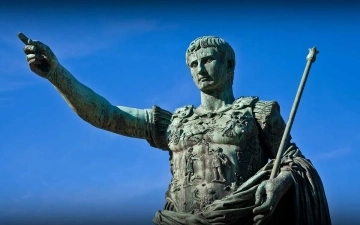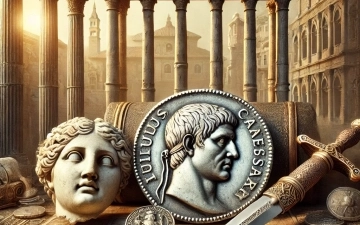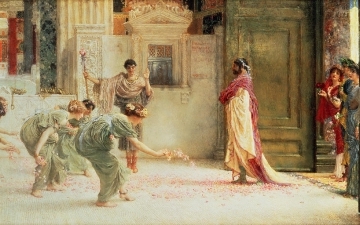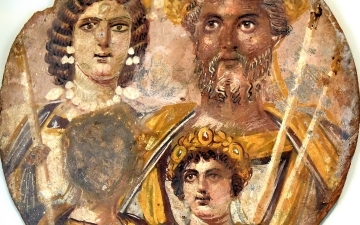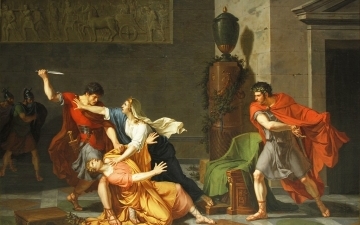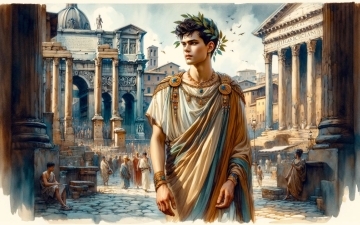Augustus: The Architect of Imperial Rome’s Golden Age
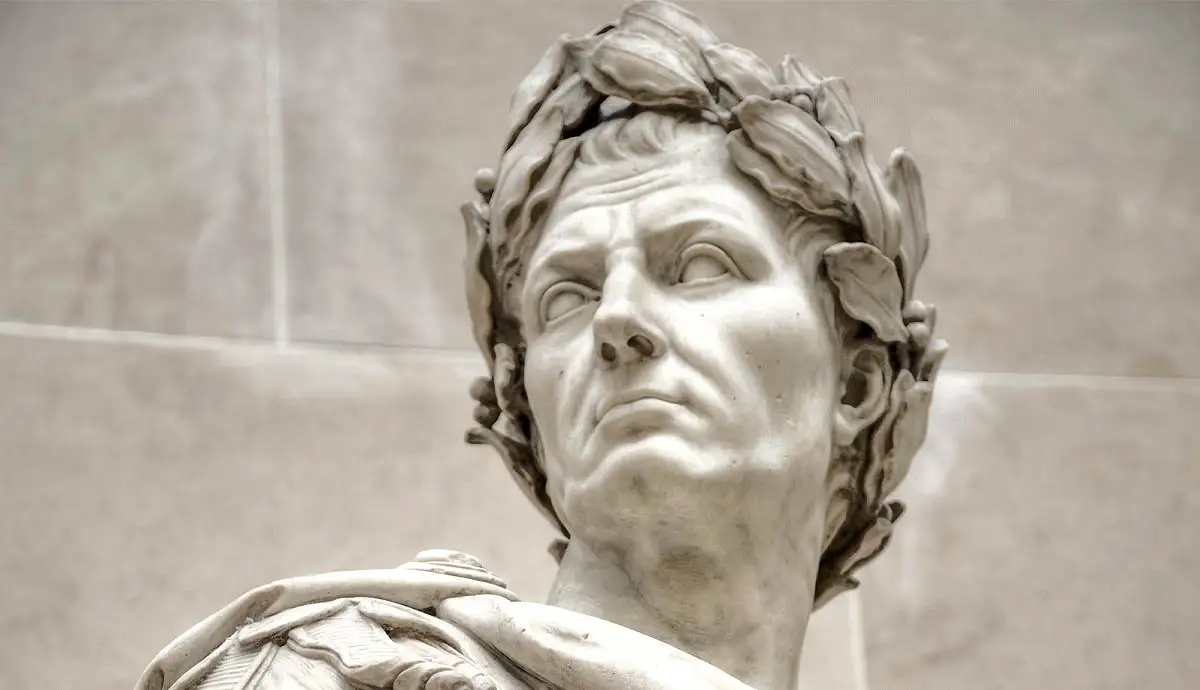
In the grand tapestry of ancient Rome's history, one name stands out as a pivotal figure who played a transformative role in shaping the destiny of an empire. That name is Augustus, the first Roman Emperor, whose reign marked the beginning of a remarkable era known as the Pax Romana or Roman Peace. In this article, we delve into the life and legacy of Augustus, the architect of Imperial Rome's Golden Age.
The Rise to Power
Augustus, originally named Gaius Octavius, was born in 63 BCE. He was the grandnephew of Julius Caesar, which proved to be a crucial link in his ascent to power. Following Caesar's assassination in 44 BCE, Octavius, just 18 years old at the time, became embroiled in the chaos of post-assassination Rome.
Through a series of strategic alliances and military campaigns, Octavius managed to defeat his rivals, most notably Mark Antony and Cleopatra, at the Battle of Actium in 31 BCE. This victory secured his position as the unchallenged leader of Rome, and he adopted the title "Augustus," meaning revered or majestic, effectively becoming the first Roman Emperor in 27 BCE.
Reforming the Empire
Augustus' reign was marked by a commitment to restoring stability and order to the Roman Republic, which had been torn apart by civil wars. He initiated a series of comprehensive reforms aimed at strengthening the empire's foundations. Some of his key achievements include:
- Administrative Reorganization: Augustus divided the Roman Empire into provinces, each governed by a proconsul or legate, ensuring better governance and uniformity across the vast territory.
- Legal Reforms: He established a comprehensive legal code that formed the basis of Roman law for centuries. This provided a framework for justice and legal consistency throughout the empire.
- Infrastructure and Architecture: Augustus invested heavily in the construction of public buildings, roads, and aqueducts, leaving a lasting mark on Rome's urban landscape.
- Census and Taxation: He conducted the first Roman census, enabling more efficient tax collection and resource allocation.
The Pax Romana
One of Augustus' most enduring legacies is the Pax Romana, a period of relative peace and stability that lasted for approximately two centuries. This era allowed for cultural and economic flourishing, fostering the arts, literature, and trade.
Cult of Personality
Augustus was not only a political and administrative genius but also a master of propaganda. He skillfully crafted an image of piety, virtue, and moral reform, which endeared him to the Roman people. His reign saw the widespread construction of statues and monuments dedicated to his legacy.
The Enduring Legacy
Augustus' reign set a precedent for the Roman Empire's future trajectory. He consolidated power, transformed the political landscape, and laid the foundation for the imperial system that would endure for centuries. The impact of his rule is still felt today, as he played a crucial role in shaping the Roman Empire's identity and ensuring its longevity.
Augustus, the first Roman Emperor, is rightly celebrated as the architect of Imperial Rome's Golden Age. His leadership, reforms, and the Pax Romana left an indelible mark on history, cementing his place as one of the most influential figures in the annals of ancient Rome. His legacy continues to be a testament to the enduring power of visionary leadership and the ability to shape the destiny of nations.
Related Posts
The Rise and Fall of Julius Caesar: A Tale of Ambition and Betrayal
Julius Caesar, a name that echoes through the corridors of history as one of ancient Rome's most prominent and controversial figures. His life, marked by ambition, military genius, and ultimate betrayal, is a tale that continues to captivate and intrigue. The Ascent of Ambition Julius Caesar was born in 100 BCE into...
Read MoreUnearthing History: Julius Caesar’s Artifacts and Their Significance
Julius Caesar, one of the most renowned figures of Roman history, left an indelible mark on the ancient world. His military conquests, political reforms, and dramatic death have made him a central figure in historical and archaeological studies. Although Caesar lived over two millennia ago, numerous artifacts associated with his...
Read MoreCaracalla: The Emperor of Bloodshed and the Architect of Roman Citizenship
Caracalla, son of the formidable Emperor Septimius Severus, is a complex and contradictory figure in Roman history. Often remembered for his brutality and paranoia, he is equally renowned for one of the most far-reaching edicts in Roman law. His reign was marked by a tumultuous blend of violence and reform. Shortly...
Read MoreSeptimius Severus: The General Who Became Emperor and Reformed the Roman Empire
The tumultuous period following the assassination of Commodus saw a rapid succession of emperors, each vying for power in a chaotic political landscape. Among these contenders, Septimius Severus emerged as the ultimate victor. A seasoned general with a reputation for military prowess and political acumen, Severus proved to be a...
Read MoreGeta: The Tragic Co-Emperor Whose Life Was Cut Short by Fraternal Rivalry
Geta, the younger son of Septimius Severus, is a figure largely overshadowed by his more domineering brother, Caracalla. Often relegated to the role of the quiet, less ambitious sibling, Geta’s life was tragically cut short by a family feud that shook the Roman Empire to its core. Unlike his brother, Geta...
Read MoreElagabalus: The Controversial Reign of Rome’s Youngest Emperor and His Religious Revolution
Elagabalus, born Varius Avitus Bassianus, is one of the most enigmatic and controversial figures in Roman history. Elevated to the imperial throne at the tender age of fourteen, his reign was marked by extravagance, scandal, and a radical religious transformation. His rise to power was as dramatic as his subsequent reign....
Read More

















